Israeli Survivors of Hamas’s October 7 Attack Tell Their Story
Eighty Neighbors Murdered, 18 Kidnapped, Their Kibbutz Burned
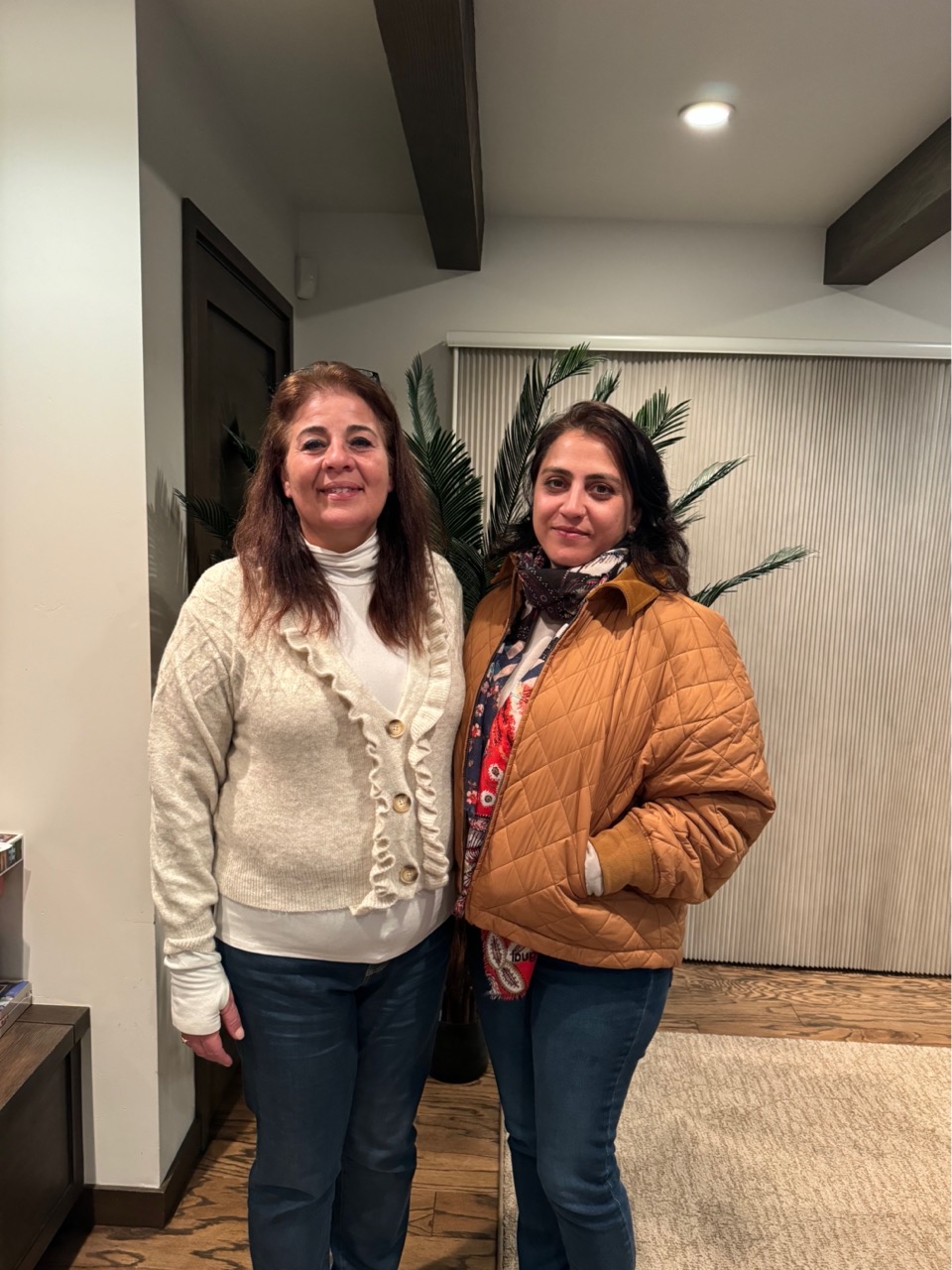
Michal Rottenberg and Osnat Kraus’s homes in Kfar Aza — a kibbutz close to the Gaza border — became a war zone when Hamas attacked on October 7, 2023. Eighty of their neighbors were murdered, and another 18 were kidnapped.
When they were finally rescued by the Israeli army, the two women described the scene outside their shelters. The stench of death was strong. Bodies were strewn about the ground. Blood painted their neighbors’ walls. Homes were burned to the ground.
Once a vibrant community of nearly 900 people, their kibbutz — meaning “gathering” in Hebrew — now lies in ruin. It’s been the setting of many news stories since the October 7 attack, which killed 1,200 people and injured 5,400 more, described as the deadliest day for Jews since the Holocaust.
Survivors, including Rottenberg and Kraus, have formed a temporary community at Hotel Shefayim, a little more than two hours from Kfar Aza. Although they are beginning to think about how to move forward, they are still reeling from the destruction.
“‘How are you?’ became a very difficult question,” Kraus said. “You see it in front of you: the young widows with their kids, the mothers and fathers who lost a child. The sorrow is so thick that no one can breathe.”
Kraus and Rottenberg, along with six other women, traveled to Santa Barbara last week at the invitation of Rabbi Belle Michael and the Congregation B’nai B’rith (CBB), with support and funding from The Jewish Federation of Greater Santa Barbara.
“We, as a community, were very, very broken,” said Marcy Wimbish, president of the CBB. “As Jewish people, we were all trying to think, ‘How can we help?’ We’ve only been together for a few days, but they’re all our sisters.”
“We wanted to bring them here to breathe,” Wimbish added, and in fact, the best way these women could describe how it felt being here was “air.”
But the women themselves also welcomed the chance to tell the story of what they and their families and neighbors had experienced when Hamas attacked their kibbutz.
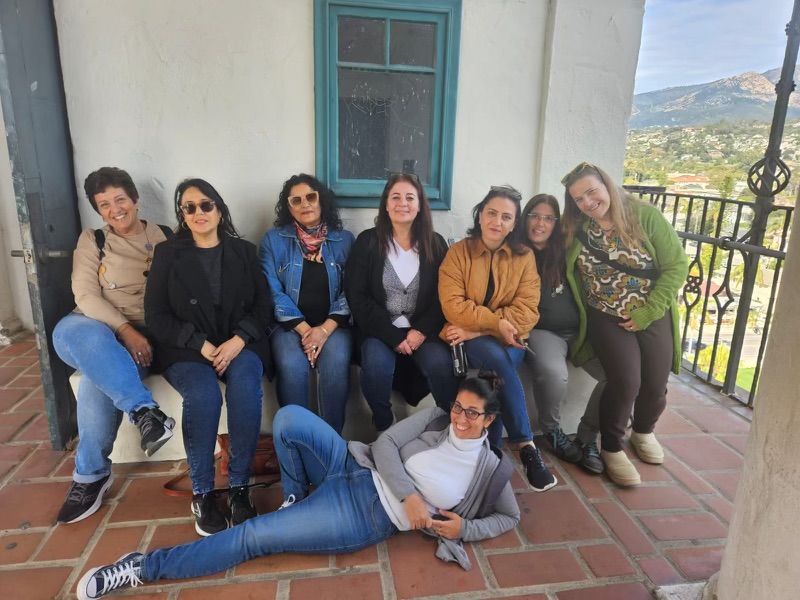
‘Our Kibbutz’
Our interview took place on the porch of a beautiful Santa Barbara home where the women had gathered to eat lunch, chat, laugh, and smoke. Inside, people milled about the kitchen, where food and other gifts from neighbors covered the counters.
“We thought we were safe at home,” Michal Rottenberg, a history teacher and Holocaust educator, told the Independent. “We never thought something like this could happen.”
As hundreds of Hamas terrorists stormed Kfar Aza, all they could do was wait and listen in the dark to screams and gunfire. Meanwhile, their WhatsApp groups became saturated with text messages of people begging for help.
“We heard everything,” Rottenberg said. “We heard the shooting; we heard the banging; we heard the crying.”
Hours passed before the Israeli Defense Force was able to break through and evacuate residents, who had to flee on foot. Their path was surrounded by the bodies of their neighbors, broken glass, and rubble.
“Even after we got to Shefayim in the afternoon, there was still crying for help in the WhatsApp group — ‘Please send someone,’ ‘Please, I’m with my grandmother,’ ‘Please help us,’” Rottenberg recalled.
Kraus and Rottenberg relayed hearing stories of infants being murdered in front of their parents or left to cry to act as traps for Israeli soldiers, and families being burned alive in their homes or shot on the street.
“For the first week, we didn’t know who was alive, who was kidnapped,” added Kraus, who works as an occupational therapist. “That was even harder than that day being in the safe room.”
In the end, they buried about 10 percent of their kibbutz, and while many hostages have been released, five of their neighbors are still being held by Hamas.
Although they have lost so much, Kraus said, they “need nothing.”
“Because the Israeli spirit and Jewish spirit is like that,” she continued. “We became one. So we have everything — we are surrounded with love from the Israeli people and from the Jewish community all around the world, all the time.”
Rottenberg told the story of briefly staying at her mom’s house and having a family meal with a sense of normalcy for the first time, 12 weeks after the attack.
“I cried afterward,” she shared. “But it was tears of hope and happiness. To remind myself that we are gonna go back; we’re gonna build everything again. It’s gonna be okay.”
Rottenberg’s and Kraus’s stories resemble those of thousands of other innocent people, in both Israel and Palestine, who have been killed or displaced as a result of the ongoing conflict that erupted on the day of the Hamas attack.
When asked whether they’ll be able to go back to their kibbutz, Rottenberg said, “Of course. There is no other choice.”
Premier Events
Fri, May 10
6:00 PM
Goleta
Beau James Wilding Band at M Special Goleta
Sat, May 11
1:00 PM
Santa Barbara
Camps, Classes, and Cones! Summer Program Fair
Sun, May 12
3:00 PM
Santa Barbara
Visionaries Then & Now Concert
Thu, May 09
11:00 AM
Santa Barbara
Friendship Center’s Mother’s Day Celebration
Thu, May 09
5:00 PM
Santa Barbara
Waldorf School Fundraising Presents: Live Music
Thu, May 09
7:00 PM
Goleta
Dos Pueblos High School Presents: “Anything Goes”
Thu, May 09
7:00 PM
SANTA BARBARA
San Marcos High School Theater Presents, “Singin’ in the Rain”
Fri, May 10
10:00 AM
Santa Barbara
Covenant Living at the Samarkand Spring Art Show
Fri, May 10
12:00 PM
Santa Barbara
Mother’s Day Weekend at Art & Soul
Fri, May 10
6:00 PM
Santa Barbara
Crepe Paper Flowers Workshop
Fri, May 10
7:00 PM
SANTA BARBARA
San Marcos High School Theater Presents, “Singin’ in the Rain”
Fri, May 10
7:30 PM
Santa Barbara
Nic & Joe Play Roy
Sat, May 11
11:00 AM
Solvang
Moms 4 Mutts! Humane Society Fundraiser
Fri, May 10 6:00 PM
Goleta
Beau James Wilding Band at M Special Goleta
Sat, May 11 1:00 PM
Santa Barbara
Camps, Classes, and Cones! Summer Program Fair
Sun, May 12 3:00 PM
Santa Barbara
Visionaries Then & Now Concert
Thu, May 09 11:00 AM
Santa Barbara
Friendship Center’s Mother’s Day Celebration
Thu, May 09 5:00 PM
Santa Barbara
Waldorf School Fundraising Presents: Live Music
Thu, May 09 7:00 PM
Goleta
Dos Pueblos High School Presents: “Anything Goes”
Thu, May 09 7:00 PM
SANTA BARBARA
San Marcos High School Theater Presents, “Singin’ in the Rain”
Fri, May 10 10:00 AM
Santa Barbara
Covenant Living at the Samarkand Spring Art Show
Fri, May 10 12:00 PM
Santa Barbara
Mother’s Day Weekend at Art & Soul
Fri, May 10 6:00 PM
Santa Barbara
Crepe Paper Flowers Workshop
Fri, May 10 7:00 PM
SANTA BARBARA
San Marcos High School Theater Presents, “Singin’ in the Rain”
Fri, May 10 7:30 PM
Santa Barbara
Nic & Joe Play Roy
Sat, May 11 11:00 AM
Solvang

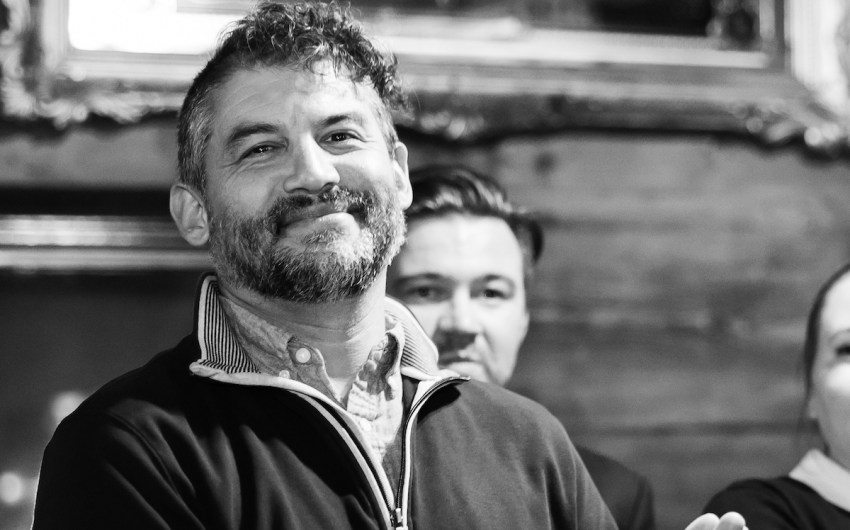

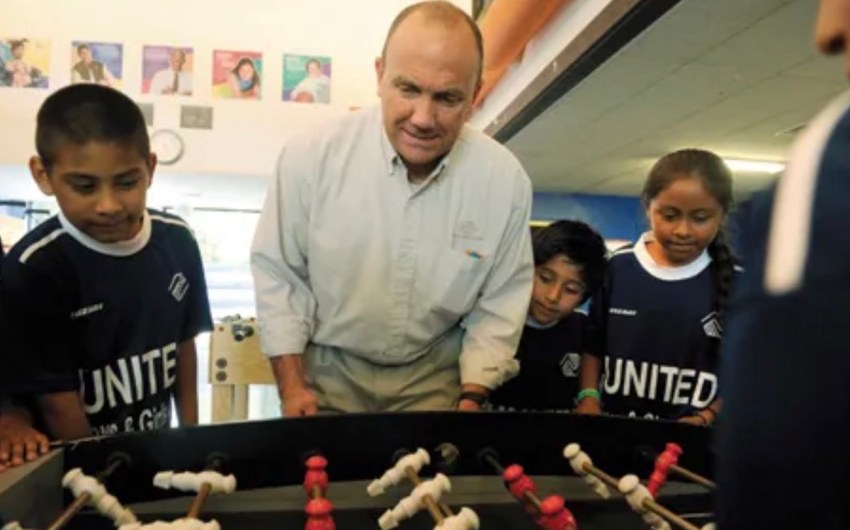
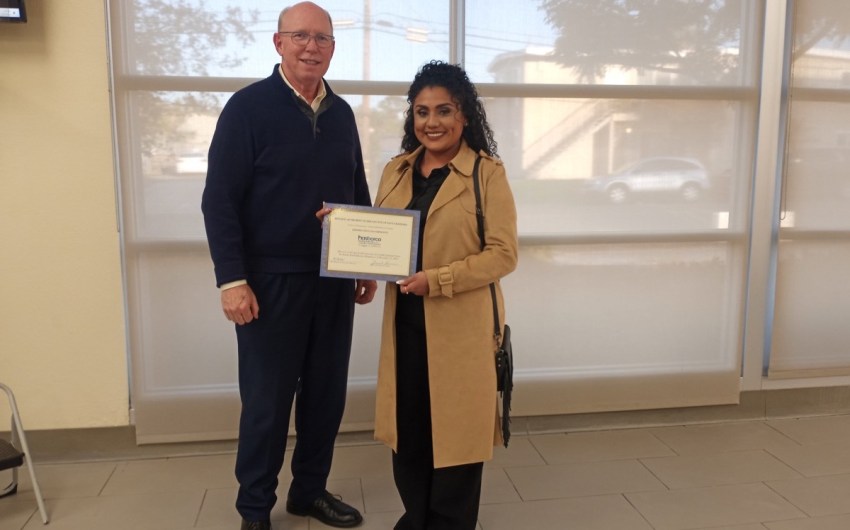


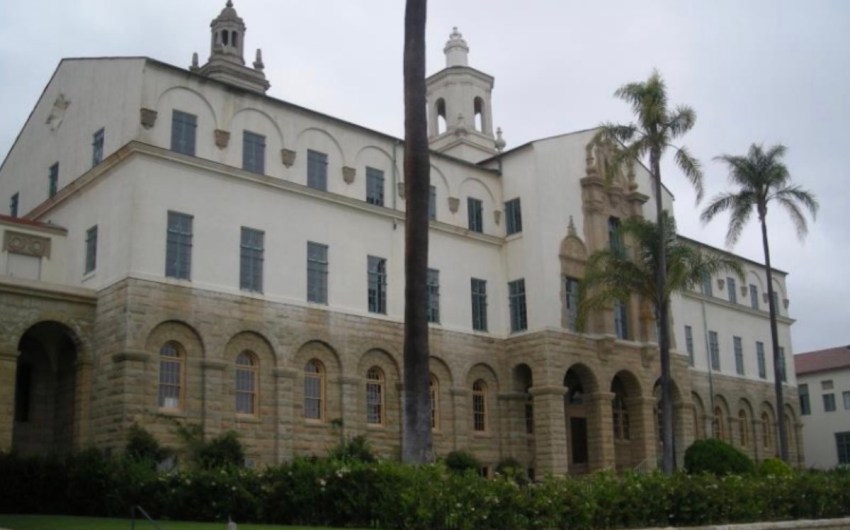
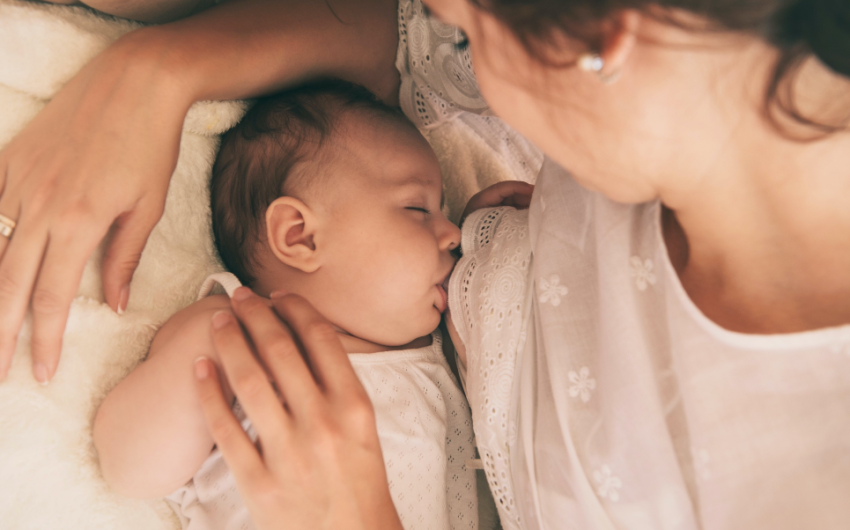
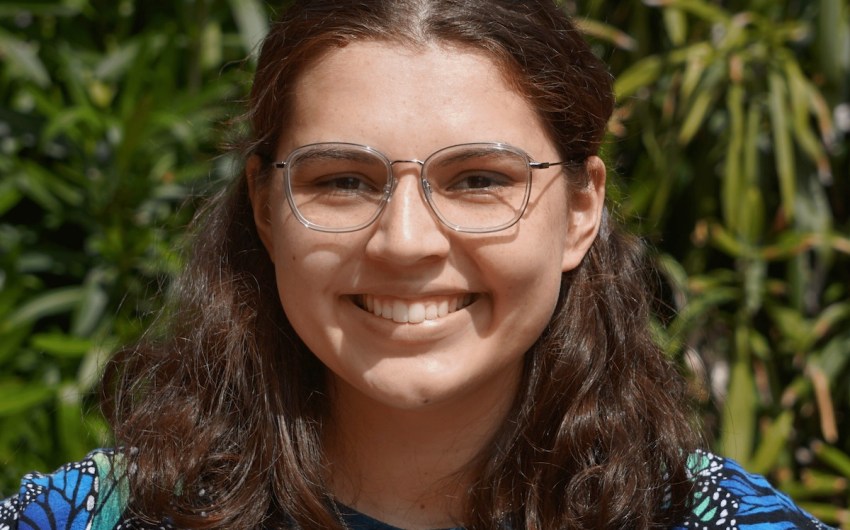

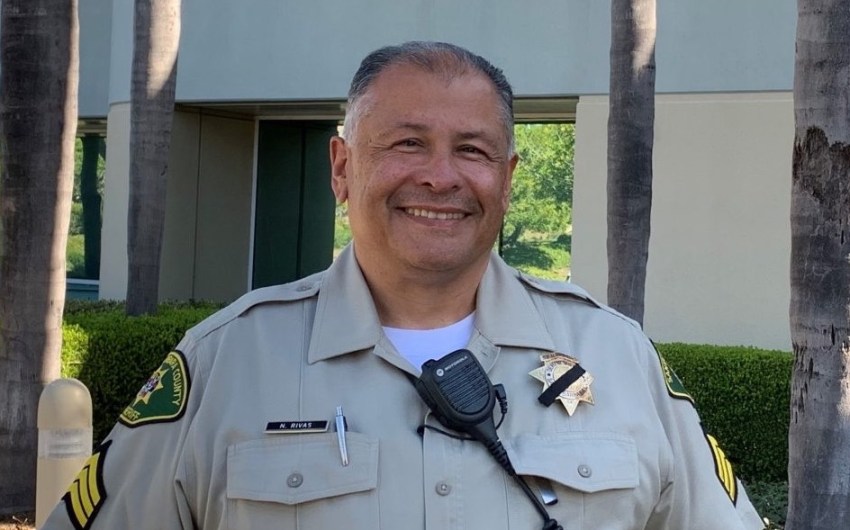











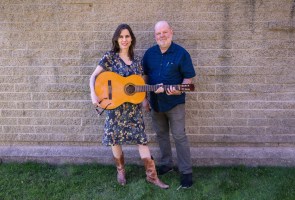

You must be logged in to post a comment.